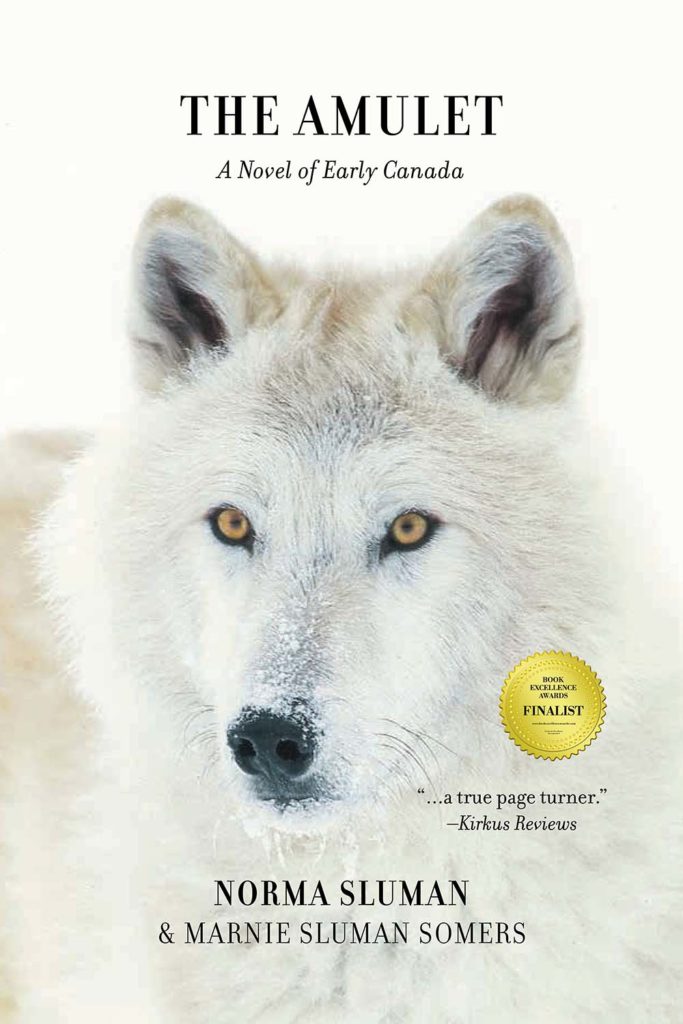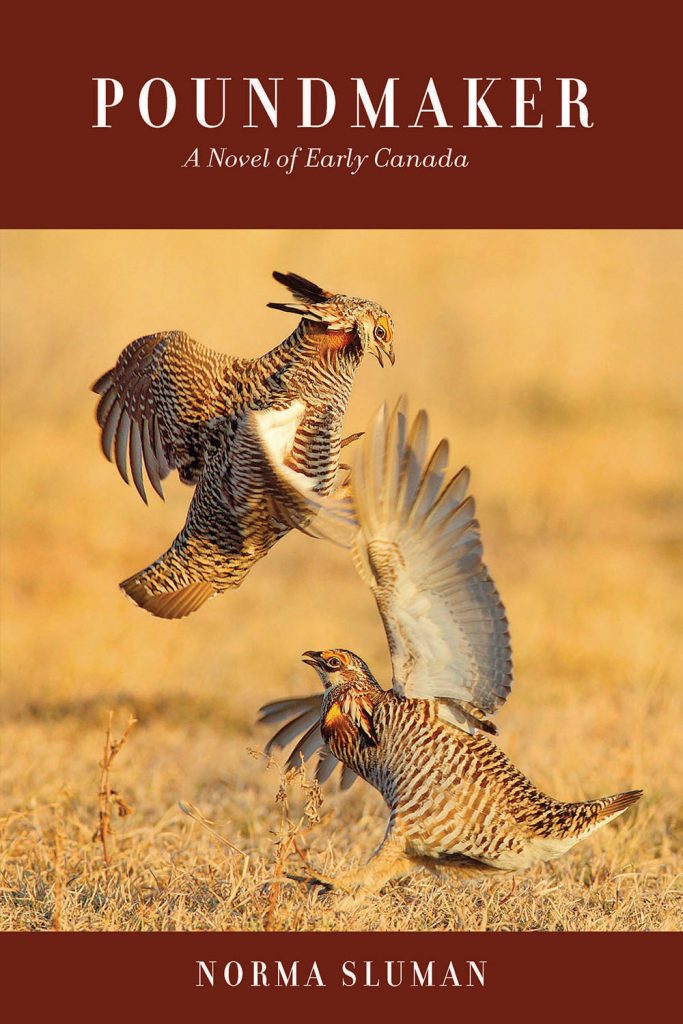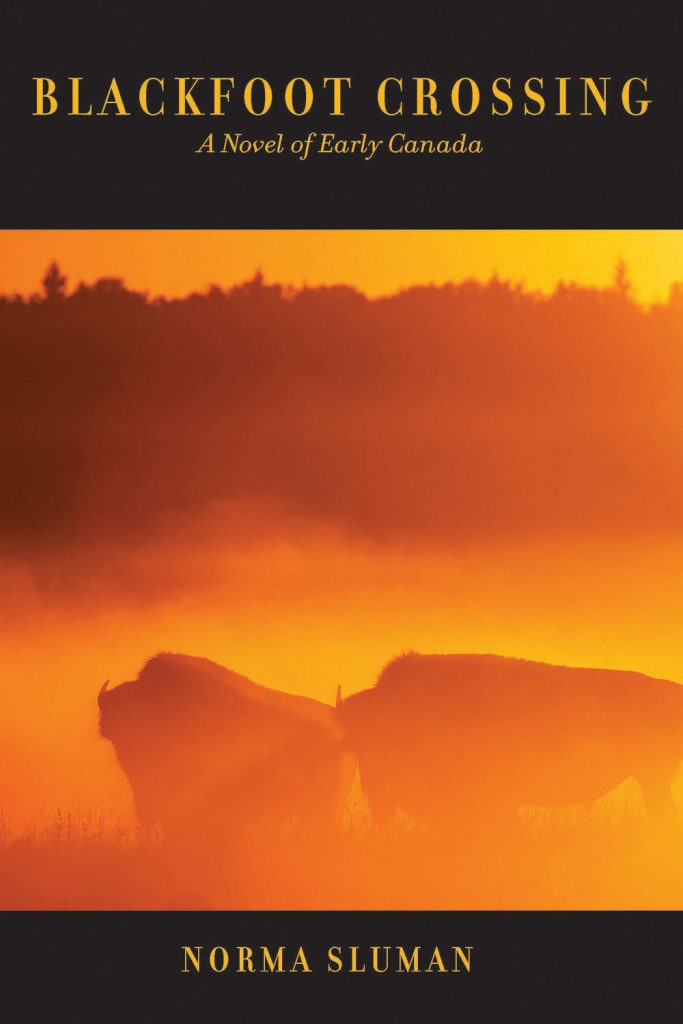Image Credit Micah Boswell on Unsplash
Aspiring writers are often told to “just write.” Put in your “ten thousand hours” (Malcolm Gladwell). Learn through experience. Write and write and write. We hear it so often because it’s good advice, I’ve given it and taken it myself.
Just write.
“Just write” is a bit vague though isn’t it? What exactly should we be doing when we’re “just writing”? Over the next few weeks we’ll be looking at different kinds of writing we can practice, what they’re good for, and ways we can practice them.
Free-Writing
This is the kind of writing that we all dream about where the writer sits down and the ideas flow out onto the paper without any effort or difficulty. If only elegant, well-thought out, punch-you-in-the-gut writing happened this way. We all know it doesn’t, but that doesn’t mean that stream of consciousness writing isn’t important. Spewing words on to the page has it’s place.
It’s great for:
- brainstorming
- developing smoothness and flow
- breaking out of stuck moments
- journaling
- sorting through ideas and feelings
- first drafts
- getting into the habit of writing and thinking creatively
It’s not great for:
- consistent characters
- plot details
- structure
- overall flow
- tension and pacing
- character development
If I let myself make a mess, it will go somewhere. If I let myself
-Peter Elbow
keep writing even when I don’t know where I’m going, I end up going
somewhere.
These things all require a focus and attention to detail that just isn’t possible when you’re lost in the flow of free-writing.
Ways to Use Free-Writing
Morning Pages
Feeling stuck, uncreative, or unmotivated? Try morning pages. These are three pages of longhand (yes, with pen and paper) writing done every morning just for the sake of doing it. This writing is for no one but you and for all the benefits of letting those words flowing through your pen onto the paper. They’re a great way to create a writing habit and to remind yourself that you’re a creative being. To learn more about morning pages check out Julia Cameron’s The Artist’s Way.
Writer’s Journal
Need a place to keep and sort through your ideas? Try keeping a writer’s journal. A writer’s journal is deeply personal, each one is different and every writer uses their journal differently. I use my journal to track the things I’m thinking about, thinking through, or learning about. I also use it as a way to sort out how I feel about ideas, or what my thoughts are on a subject. If I’m angry or triggered by something I usually take it to my journal first and think through my reaction on paper before I respond in real life. You can also use your journal as a place to keep quotes, people, books, or ideas which inspire you or you want to explore more, as a place to ask yourself questions and answer them, as a place to keep ideas which haven’t quite sorted themselves out yet, or anything else that isn’t for anyone but you.
Brainstorm
Feeling lost, confused, or overwhelmed? Try a word web, brain dump, or brainstorm. These tools aren’t silly or trite, I use them all the time when I’m trying to focus my thoughts or organize ideas into a coherent structure. Sometimes you need to see things on paper in order to understand them or see them differently.
Free-Written Drafts
Feeling stuck on a scene or in a draft? Try a free-written draft to figure out what happens. When free-writing a draft don’t stop to fix grammar, spelling, or to think through descriptions, or the nuances of dialogue. This draft is all about movement and action. Most of the time my free-written drafts go straight in the trash but I love them for figuring things out and getting things moving.
What you practice is what you get good at. If you only practice stream of consciousness writing you’ll never have the consistency and impact that come from a solid and well-thought-out structure and reliable characters, but you can’t have nuance, depth, and emotional impact if there are no words on the page. Be sure to find a balance. And if you ever find yourself getting too comfortable be sure to push yourself to try something new. Remember, when we’re comfortable we aren’t really learning.
THIS WEEK’S ASSIGNMENT:
Choose one of the free-writing methods above and try it out. Especially if there’s one there that you’ve never tried before or that you’ve previously dismissed as “not for you”. Let me know how it goes.
How do you use free-writing in your writing practice? I’d love to hear from you in the comments.
Want to learn more about free-writing? Check out this conversation with Peter Elbow on Writing.
I’m writing with you,

Laurie MacNevin, HF Associate Editor
Laurie is an editor, writer, and researcher. Her deep love of stories led to an Honours degree and a Master’s degree in English Language and Literature from the University of Windsor. Originally from Southern Ontario, Laurie has lived in Manitoba for more than ten years, exploring the stories, landscape, plants, and people of some of the most remote parts of the province including three years in Churchill and two years in God’s Lake Narrows First Nation. Laurie and her family now live on an acreage outside of Carberry.
Not a member of our FREE Book of the Month Club yet? What are you waiting for?
Want a chance to win a free book written by a different Canadian author? Join our Free Book of the Month Club! Every month we review a book by a Canadian author and give it away to one of our email subscribers. Our goal is to share the work of other Canadian authors to help readers find other writers.




